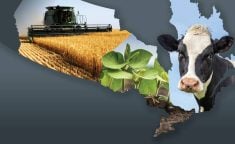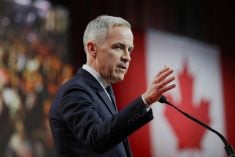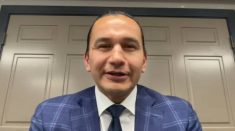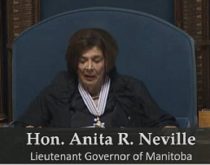Reforms to the European Union’s farm policy from 2014 are likely to result in a smaller net budget, and must avoid protectionism or any increase in support prices, a senior European Commission farm official said.
By the end of this year the EU’s executive commission will propose an overhaul of Europe’s complex common agricultural policy (CAP), which eats up 40 per cent of the 27-country bloc’s total budget.
“We more or less know which direction (the CAP budget) will follow, which is the same direction of the past in real terms: it’s been going down,” Anastassios Haniotis, economic analysis director at the executive’s agriculture department, said.
Read Also

Mazergroup’s Bob Mazer dies
Mazergroup’s Bob Mazer, who helped grow his family’s company into a string of farm equipment dealerships and the main dealer for New Holland machinery in Saskatchewan and Manitoba, died July 6 from cancer.
“Whether we like it or not there is a lot of dependence in agriculture on subsidies,” and how to reduce that dependence will be a key question during the reform, he told a conference in Brussels.
“There are those who think the best way to do it is through the market, but by “market” they mean higher support prices or border protections. We know that we cannot go back (down) this route,” Haniotis added.
French President Nicolas Sarkozy has said he was ready to discuss a cut in the EU’s farm budget in return for tougher conditions on imports to protect European produce.
Sarkozy’s aides said he would propose to German Chancellor Angela Merkel that their farm ministers issue joint proposals on the future regulation and funding of EU agriculture by September.
Germany has been an ally for France during previous CAP reforms. But French Environment Minister Bruno Le Maire said last month the entry of the Free Democrats in Germany’s ruling coalition could lead to a more free market tone from Berlin.
“The current CAP is not delivering,” said Ariel Brunner, head of EU policy at BirdLife International – one of a group of environmental non-governmental organizations including WWF that put forward a joint proposal for reforming EU farm policy.
The future CAP should pay farmers for providing public services such as biodiversity conservation, water management, carbon storage and landscape protection, Brunner said.


















